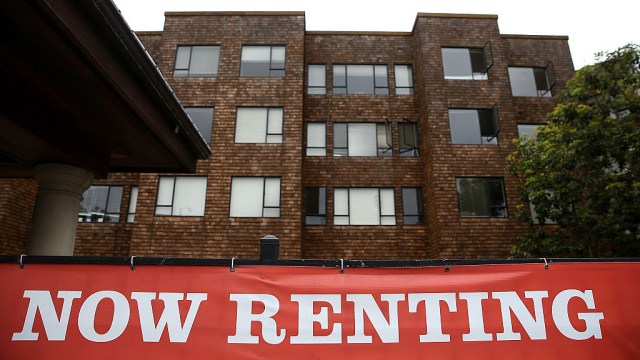In Los Angeles, an Undergound Half-Billion Dollar Economy

When it comes to underground businesses, the question of whether or not to regulate can be tricky.
According to a recent report from the Economic Roundtable, there are about 50,000 street vendors throughout the city of Los Angeles selling everything from food to clothing and cellphone cases. And since many of the vendors operate under the official radar (read: illegal), some say there is as much as $43 million a year in tax revenue that could be collected from them if they were to be regulated.
But the benefits of recognizing and regulating this unseen industry could be outweighed by hidden costs.
Unregulated, these tiny businesses are a major boon for the L.A. economy, even without tax revenue. Part of the positive influence is due to the ripple effect from all of these street vendor sales, since many of the businesses will acquire goods and spend their revenue locally. They may also attract sales for brick-and-mortar stores that they locate near.
While L.A. street vendor culture might be an entity unto itself, many other cities also have a strong host of similar vendors, particularly food vendors. Cities run the gamut from cultures that are friendly to these businesses, to those that place challenging rules and regulations on vendors.
Take Fort Collins, Colorado, for example, where food truck vendors recently voiced concerns about potential regulations that would impact how long they could park on private property. The vendors clearly felt that there are plenty of rules already governing how they operate, and they’re not too interested in seeing a new one.
In a completely opposite direction, the city of Pittsburgh has just lifted certain restrictions on food truck parking. Trucks can now use metered parking spaces for up to four hours, where before they could only legally stay in a metered spot for 30 minutes. The change comes with a few other new rules about selling hours and vendor license costs.
With the debate over regulation, it’s not quite a clear call on how L.A. street vendors would react to being more regulated. Perhaps the money they would need to pay in taxes wouldn’t come as a huge hit, but it’s also possible that new regulations could decrease overall income and have a negative impact on the flourishing subsector. Time will show how these sorts of businesses, and the regulations on them, change and grow.
Image Credit: JEWEL SAMAD / Staff via Getty Images
**
Stefani is a writer and urban planner based in Oakland, CA. She holds a master’s in City and Regional Planning from UC Berkeley and a bachelor’s in Human Biology from Stanford University. In her free time, she is often found reading diverse literature, writing stories, or enjoying the outdoors. Follow her on Twitter: @stefanicox





